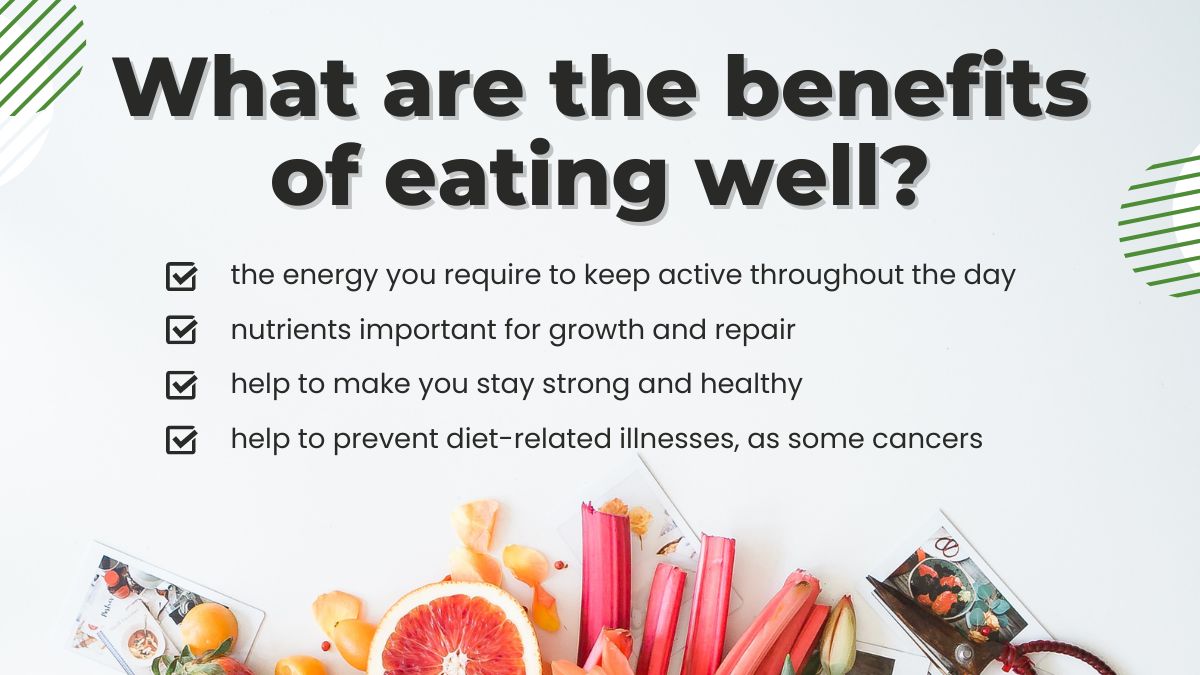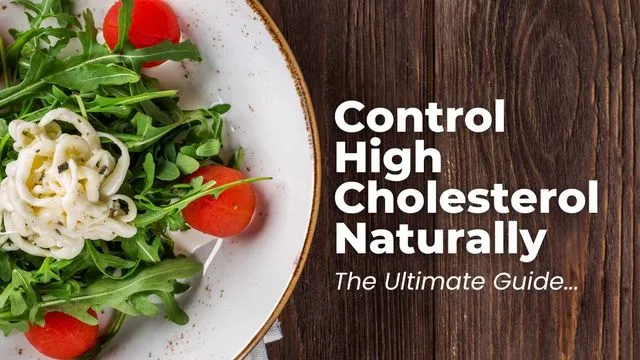- By Priyanka Munshi
- Tue, 14 May 2024 01:12 PM (IST)
- Source:JND
Choosing foods that naturally lower cholesterol is a wise decision for overall well-being. Lowering LDL (bad) cholesterol levels can be achieved by incorporating soluble fiber-rich foods like oats, lentils, and fruits such as oranges and apples. Additionally, consuming foods high in heart-healthy fats, like nuts, avocados, and olive oil, can improve HDL (good) cholesterol levels while reducing LDL cholesterol.
Including omega-3-rich fatty fish, such as mackerel or salmon, in your diet can lower triglyceride levels and reduce inflammation in the body, further supporting cholesterol control. It's also beneficial to prioritize whole grains over refined grains and to limit the consumption of processed and fried foods containing saturated and trans fats. Here's a list of foods, veggies, and drinks that support cholesterol control:
Fatty Fish: Omega-3 fatty acids found in fatty fish like salmon, mackerel, and trout can help decrease triglycerides and improve heart health, especially when you eat them at least twice a week.
Veggies: Consuming one to one and a half cups of vegetables daily, such as Brussels sprouts, kale, broccoli, or spinach, is important due to their high fiber, vitamin, and mineral content, accoridng to NIH.
Also Read: 5 Signs That You're Still Stuck With Your Past Relationship Trauma
Nuts: Nuts, particularly almonds, walnuts, and pistachios, are rich in good fats and may help lower LDL cholesterol. Also, consuming five servings of nuts per week is beneficial for your health.

Prioritizing whole grains over refined ones and limiting saturated and trans fats is also beneficial.(Image Credit:Canva)
Green Tea: High in catechins, green tea has been shown to significantly reduce LDL cholesterol levels. Drinking two cups a day is good for you heart health, according to NIH.
Also Read: Benefits Of Yoga: 5 Surprising Ways Regular Yoga Strengthens Your Emotional Health
Fruits: Berries, citrus fruits, and apples are high in antioxidants and fiber, promoting heart health. Eating two to five times of fruits per week is ideal for those following a low-cholesterol diet.
(Disclaimer: This article is for informational purposes only. It is not a substitute for professional advice, diagnosis or treatment.)

